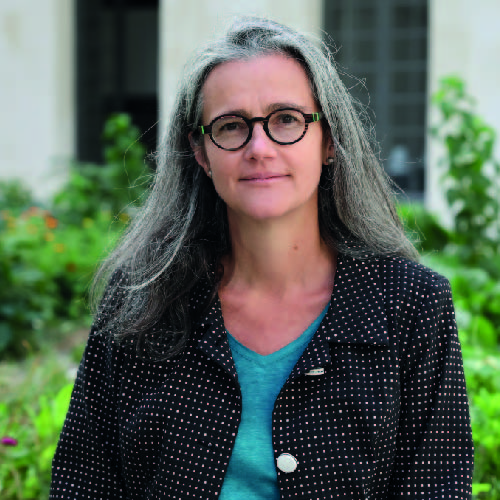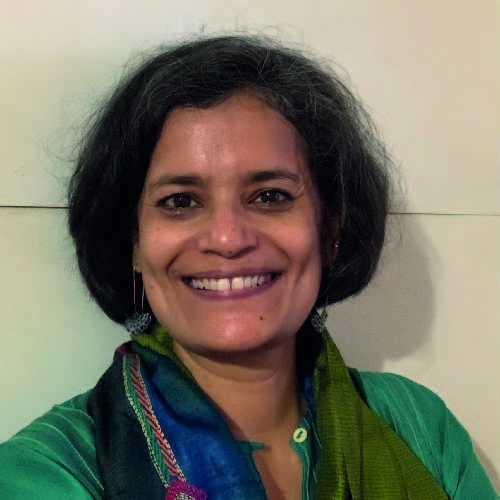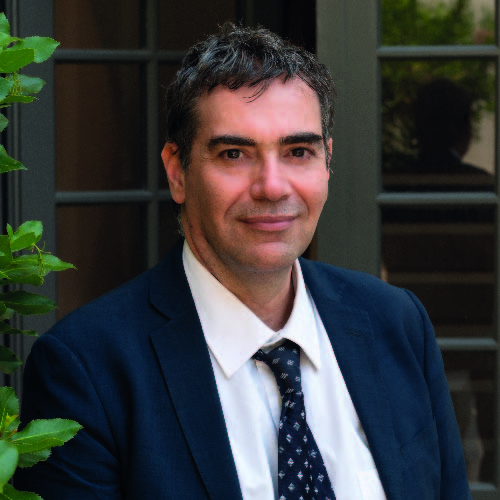AESOP 2024 ANNUAL CONGRESS | SPECIAL SESSIONS
36th AESOP Annual Congress 2024 Paris, France
“GAME CHANGER? Planning for just and sustainable urban regions”
Urban planning and local democracy in the age of consultocracy
This Special Session is hosted within Track 18
Organizers:
- Stefanie Dühr, University of South Australia
- Magdalena Belof, Wroclaw University of Science and Technology
As other areas of public management and services, urban and regional planning has in recent decades increasingly been affected by privatisation processes. The (perceived) need for fast political decision-making in times of global crises has prompted politicians to seek external knowledge to inform policy responses. Public sector capacity for urban and regional planning has been declining through successive processes of public sector reform and deregulation, resulting in an increasing reliance on the input of private sector actors (Raco 2016).
In many countries, regions and cities, planning tasks that previously were undertaken by public servants are now done by consultants. Aside from the increasing involvement of consultants in the political side of planning (in relation to policy formulation, strategy and local plan-making, or development assessment processes), outsourcing of government functions in relation to more ‘technical’ planning tasks (such as spatial analysis, map-making, or community-engagement) is also wide-spread (Marshall 2020; Raco et al. 2016).
Public sector budget cuts and the outsourcing of government functions have further contributed to reducing the capacity of public planning authorities, arguably influencing the scope and depth of substantive planning knowledge now present in planning departments as the role of government planners becomes increasingly limited to acting as professional strategists, managers, or process planners (Sehested 2009). In parallel, the role of consultants has become broader, more diverse, and more integral to all aspects of planning as they now function as advocates, advisors, scrutineers or also mediators (Parker et al. 2019; Wargent et al. 2020; Stapper et al. 2019). Moreover, in terms of local democracy, the commercialisation of urban planning as resulting in consultants to work with elected officials instead of government planners has been criticised as considerably reducing the possibility for public or community input into urban and planning processes (Raco 2012; Vogelpohl 2018).
Planning consultants have for many years acted for private developers and operated ‘in liminal governance spaces between private markets and the formal planning system’ (Raco et al. 2016: 218), yet the wider implications of this shift towards the privatisation of planning for local democracy and urban governance remain under researched. Several studies over the past decades have analysed the privatisation of planning practice and the use of consultants in the public sector, but the overall picture of the changes to contemporary planning practices and democratic governance through an increasing reliance on consultants remains fragmented (Sturzaker and Hickmann 2023).
Given that consultants have been observed to operate now increasingly ‘within the boundaries of the state itself, to the extent that local planning practice is increasingly defined by such public- private interactions’ (Wargent et al. 2020: 193), this is an opportune moment to reflect on rise of ‘consultocracy’ (Parker et al. 2019) in urban planning and the implications of the increasing reliance on private sector actors in planning processes for democratic local steering and urban governance arrangements. ‘Consultocracy’ has been defined as a process ‘whereby non-elected consultants are replacing political debate conducted by publicly accountable politicians’ (Craig and Brooks 2006). There is a need to better understand how private knowledge is becoming placed ‘deep into the heart of how societies are ruled and governed’ (Ylönen and Kuusela 2019: 242) and how this affects urban policy processes, governance arrangements and planning outcomes.
For this special session, we welcome papers from the international planning community on exploring issues related to consultocracy in urban planning more broadly and in conceptual terms, as well as more detailed analyses of specific aspects of urban planning, the changes roles of planning actors and the influence of private actor knowledge on local politics in different geographical and institutional settings. It is foreseen that selected papers presented in this session will be published as a Theme Issue of the journal ‘Planning Practice and Research’ (https://bit.ly/_CPPR).
Keywords: planning privatisation, consultocracy, outsourcing,democratic decision-making
LOC
The Local Organising Committee













